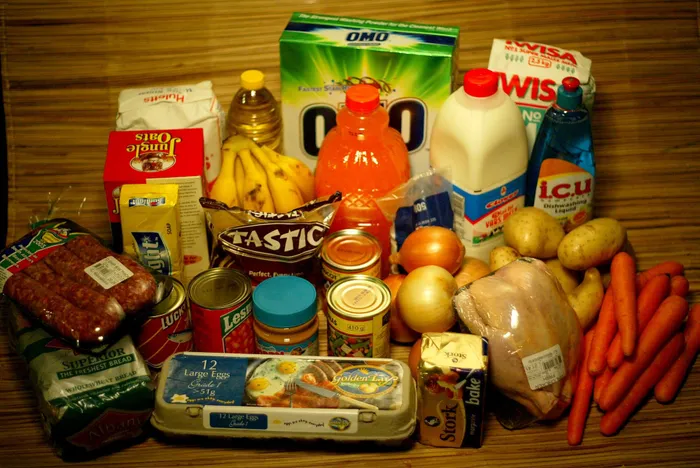Small food reprieve on the cards

CONSUMERS in an average household are in for a bit of a reprieve in terms of food prices, said First National Bank economist Mamello Matikinca yesterday at an FNB breakfast that looked at the economic outlook of KwaZulu-Natal.
“Inflation is starting to moderate and this means consumers are starting to spend more compared to last year.”
She said people have more disposable income and if the South African Reserve Bank lowered its interest rate then this could also be positive for the consumers. According to Matikinca, consumers were at present using the low interest rates to pay back debt and not take up credit. But banks, being more strict when it came to giving out credit, also played a role.
There would be a small, positive change in foods such as cereal and meat but wheat would be more expensive.
“Overall food inflation is expected to moderate,” she said. This was caused by good weather and weak demand which affected prices.
But this was not a good time for people seeking employment as they would have a difficult time ahead of them in the next few months, she said.
A major contributor to the overcast economic climate was “political risk”. Statements like the one made by Public Protector Busisiwe Mkhwebane, on the role the South African Reserve Bank, had a negative effect on the rand.
It also affected business and consumer confidence.
“We would attach high probability to further ratings downgrades,” she said. Matikinca argued that further downgrades could happen by June next year if things did not change. This would affect business sentiment.
Moody’s, the ratings agency, downgraded South Africa one notch above junk status.
Matikinca felt South Africa’s problem was a confidence problem and not one of resources. She said businesses were not participating because of policy issues and they would often sit on their money or invest it overseas. She felt government should play a role in improving sentiment in the country.
The ANC’s national conference at the end of the year would be pivotal as this could mean it would improve confidence. Matikinca hoped the ANC leader to be elected in December would be pro-business.
“If we get a candidate that is for looting the state and not doing right, we’ll find ourselves in a deeper recession.”
On the KZN front, Matikinca said they expected there to be a recovery in the economy, especially for the agricultural sector which is recovering from the drought. She said they expected a 1.2 to 1.7% gross domestic product growth for the province. She said KZN was the second-biggest contributor to the country’s GDP at 16.3%. She noted that agriculture and mining were some of the better performers in the province.
Matikinca said South africa was not recovering well compared to the rest of the world and that the South African Revenue Services could be missing its collection targets this year.
The current weak rand was, however, a plus for the tourism sector as it meant tourists would get more bang for their buck.
This sentiment was shared by KZN FNB head Howard Arrand who said facilities like King Shaka International Airport had a lot of promise as they had four million people coming through it every year. He said it could handle twice as much and it had a huge advantage over Cape Town as game reserves were only a couple of hours away.